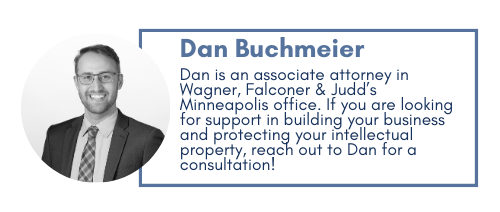Simplifying the Complex: Workplace Investigations
Establishing clear and comprehensive best practices for workplace misconduct is essential for fostering a healthy and productive work environment. These guidelines not only define acceptable behavior but also empower leaders to address issues promptly and effectively.
By proactively outlining expectations and consequences, organizations provide a framework that encourages accountability and professionalism. In the unfortunate event of misconduct allegations, having a well-defined set of procedures facilitates a fair and thorough workplace investigation. This not only mitigates legal and reputational risks but also ensures that the investigation is conducted transparently and impartially.

Additionally, such best practices serve as a preventive measure by promoting a culture of respect and integrity, ultimately contributing to employee satisfaction and retention. Regular training and communication about these guidelines reinforce the commitment to maintaining a safe and respectful workplace, empowering leaders to handle misconduct issues with confidence.
The employment law group at Wagner, Falconer, & Judd recommend the following tips when conducting your workplace investigations, whether you are conducting them yourself, or decide to outsource the investigation:
DO:
- Explain confidentiality issues (and that confidentiality cannot be guaranteed).
- Explain retaliation issues (particularly that any retaliatory conduct should be reported immediately).
- Take time in interviews. If an interview is taking longer than anticipated, notify subsequent interviewees of any expected delay.
- Be courteous and professional toward witnesses, including the complainant and accused.
- Ask non-leading questions and provide the witnesses an opportunity to speak. Do not cut off the witnesses.
- Don’t forget: who, what, when, where, why, how
DON’T:
- Accuse: accusatory questions that are likely to put the witness on the defensive. For example, questions like “Did you sexually harass Employee X at the Employer’s holiday party on December 23rd?” should be avoided. “Could you describe your interaction with Employee X at the Employer’s holiday party on December 23rd?” is a better approach.
- Become angry or emotional
- Use legal jargon. (For example, sexually harassed, discriminated, constructively discharged, and so on.)
- Use conclusory statements like “when Employee X harassed you, what did they do?”
- Reveal the source of the questioning unless absolutely necessary. “Ms. X stated that you stole our Employer’s trade secrets and shared them with our competition.”
- Make predictions on the outcome of the investigation to any of the interviewees, such as “this conduct is outrageous, Employee X is going to be fired for sure.”
- Express agreement or disagreement with a witness’ statement.

To ensure the legality and comprehensiveness of the investigation process, it is highly recommended to consult with an experienced employment attorney. Legal expertise can provide invaluable guidance in navigating complex situations, minimizing potential risks, and ensuring that the company’s actions align with applicable laws and regulations. Investing time and resources in a well-structured investigation process not only safeguards the organization from legal repercussions but also demonstrates a commitment to maintaining a workplace where employees feel safe, valued, and heard.
Ultimately, prioritizing the integrity of workplace investigations is an investment in the long-term success and reputation of the company.









